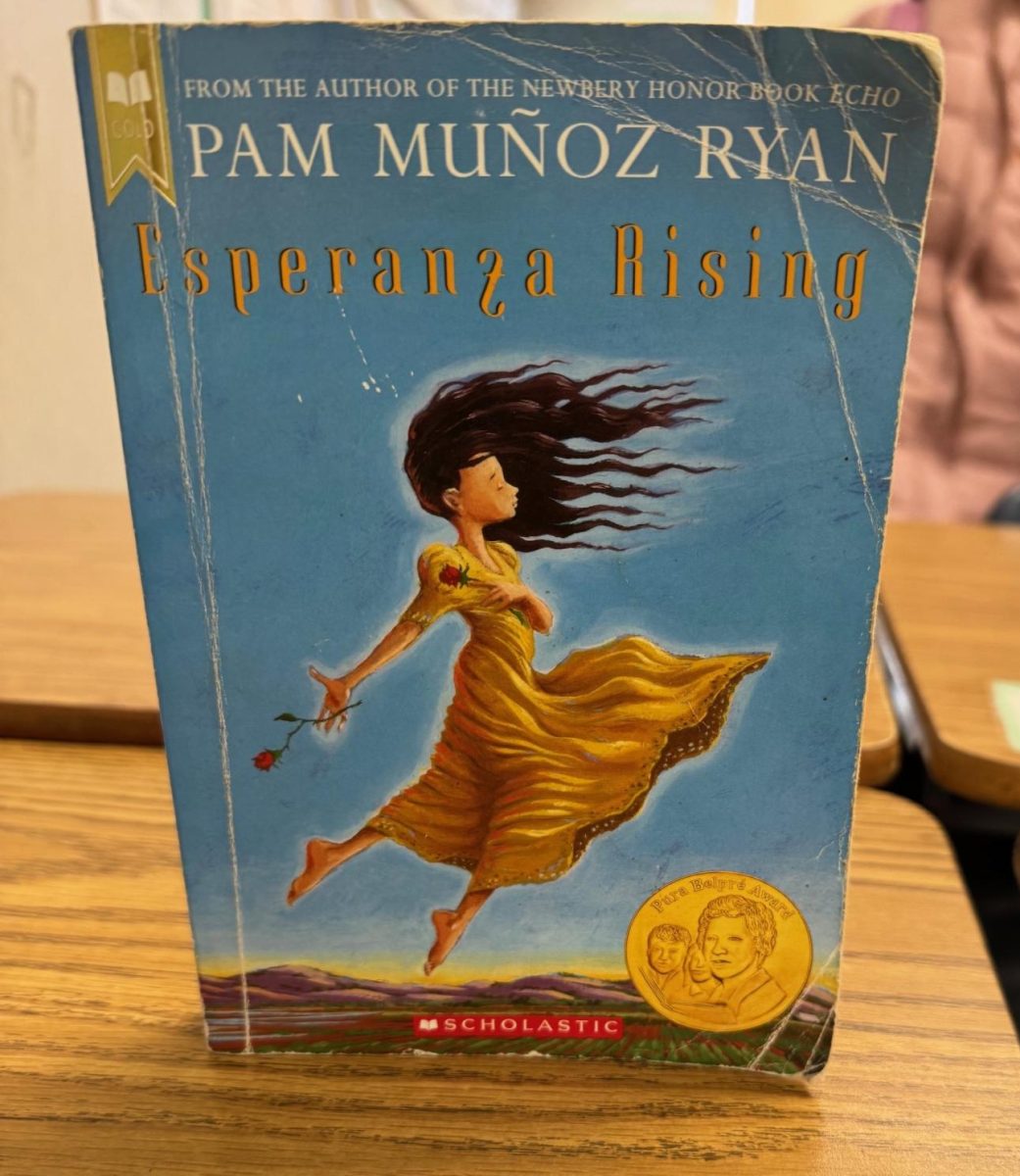Black History: Who Were Colvin and Du Bois?
January 25, 2017
With Black History Month getting underway in just one week, we at The Jagwire wanted to give some recognition to a few underappreciated African American leaders. Claudette Colvin was a nurse’s aide born in Birmingham, Alabama. On March 2, 1955, at the age of 19, she was riding on a segregated bus in Montgomery, Alabama. Colvin made a fateful decision to sit in the whites-only area. She was asked by the bus driver to kindly give up her seat so a white man could sit, however Colvin refused. She was arrested right away, and taken to the city jail where they charged with disturbing the peace, breaking the city’s segregation ordinance and assaulting policemen. Even though Colvin pled not guilty she was convicted of these alleged crimes. The court sentenced her to indefinite probation and declared her to be a ward of the state. Later the Montgomery chapter of the NAACP looked into her case and raised enough money to appeal her conviction and on May 6, 1955 two of the three charges against Colvin were dropped. Colvin’s charge of allegedly assaulting the arresting police officers was maintained, which later led to the famous boycott led by Rosa Parks. W.E.B. Du Bois was born in Great Barrington, Massachusetts in 1868. From a young age, Du Bois stood out as an eager student, and in 1895, he became the first African American to earn a Ph.D. at Harvard University. His doctorate became the basis for a career spent advocating for equal rights for African Americans. In 1903, Du Bois wrote what is still widely considered to be his most outstanding work, a book entitled The Souls of Black Folk, a series of reflective essays describing the lives and experiences of African Americans at the start of the twentieth century. Later that decade, in 1909, Du Bois became one of the co-founders of the NAACP, one of the largest civil rights organizations ever established in the United States. Du Bois changed the way history was written as well. In 1935, his book Black Reconstruction, challenged the widely-held belief that the U.S. Government’s post-Civil War Reconstruction plan had been a failure. Du Bois instead presented evidence, rather than opinion, to show that Reconstruction had actually made progress towards creating a less racially discriminatory legal and political system in the former states of the Confederacy. During the 1950s, Du Bois was drawn into leftist causes, including chairing the Peace Information Center. The center’s refusal to comply with the Foreign Agents Registration Act led to his indictment with four others by a federal grand jury in 1951, though the charges were later dismissed. In 1961, Du Bois settled in Ghana where he began work on the Encyclopedia Africana. Frustrated with the United States’ slow progress towards racial equality, Du Bois became a citizen of Ghana where he later died in 1963 at the age of 95. These were just two of the underappreciated stories from black history, but there are many more out there. Please take the time to look up a few and read their stories; no one’s history should go underappreciated. “I like Black History Month because it celebrates the diversity of not only the school, but also the country, and it gives a space and a voice for minorities who don’t normally get a place in history in our textbooks and media.” Bri Avendano(12)




